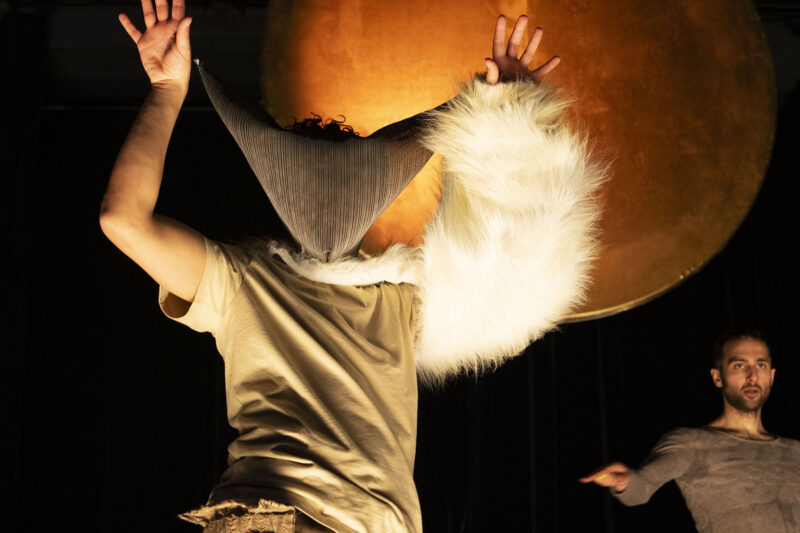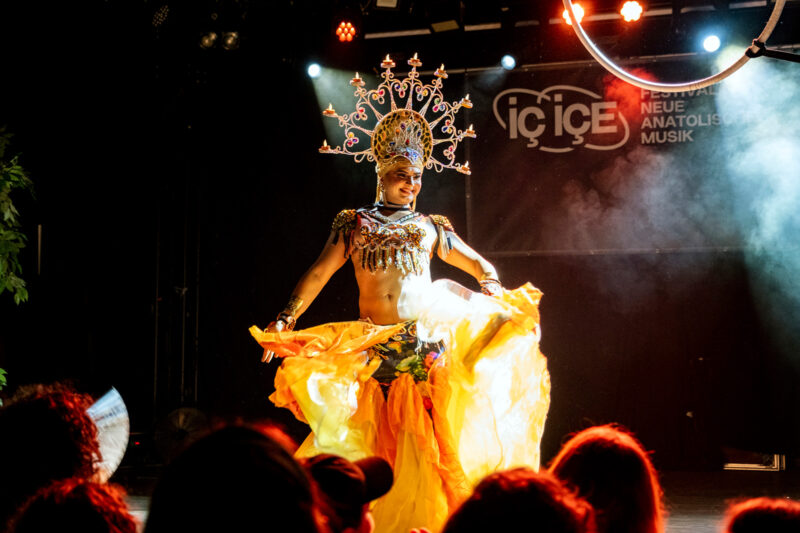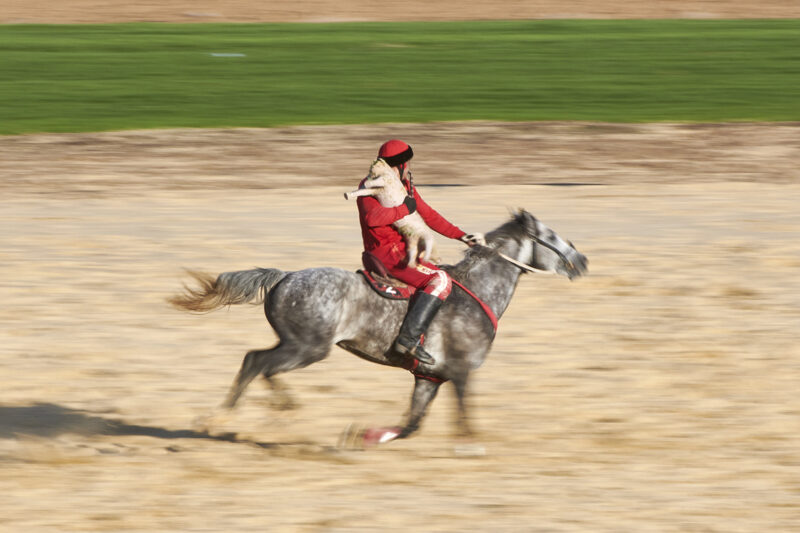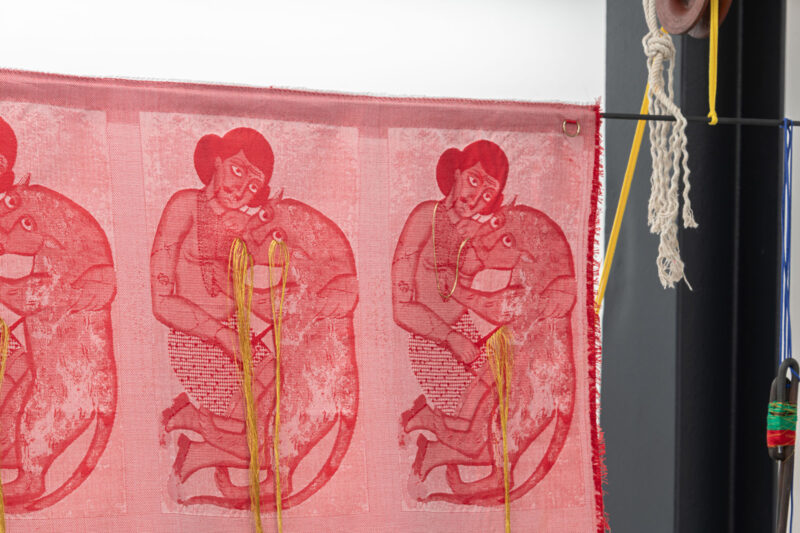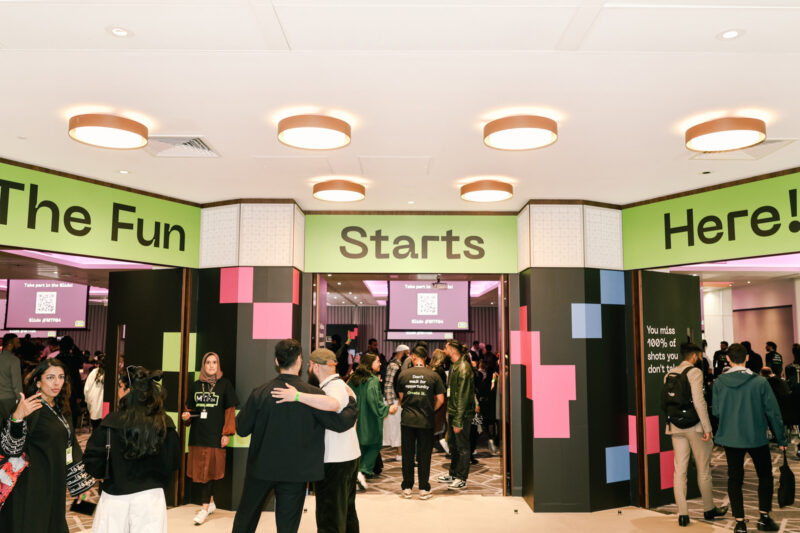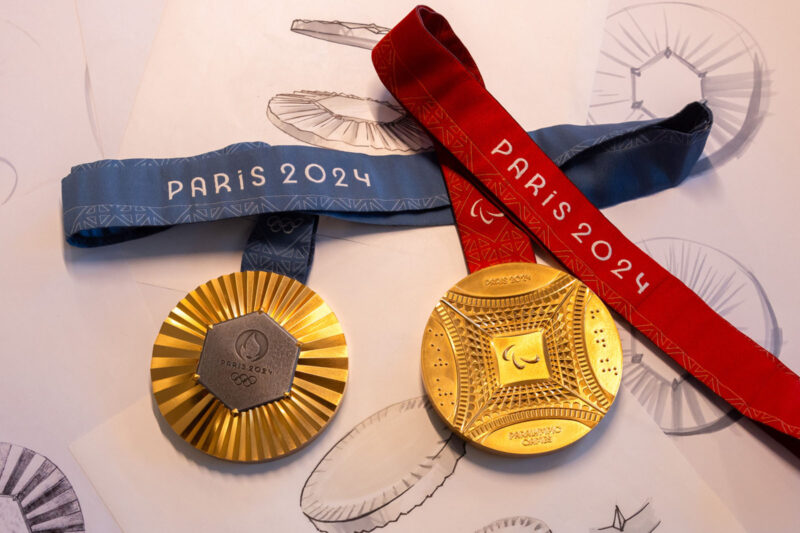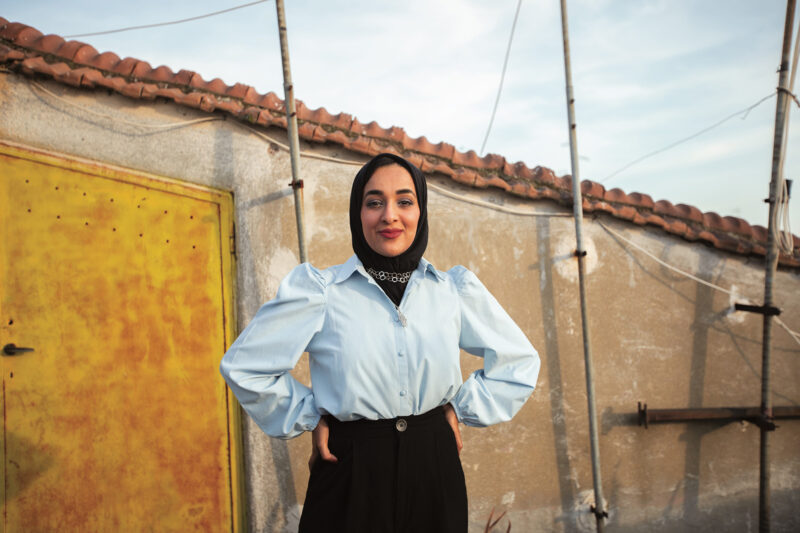‘There’s no prejudice against Muslim content because for them there’s no such thing’
The French comic book market is booming but Arab Muslim voices are still conspicuously missing
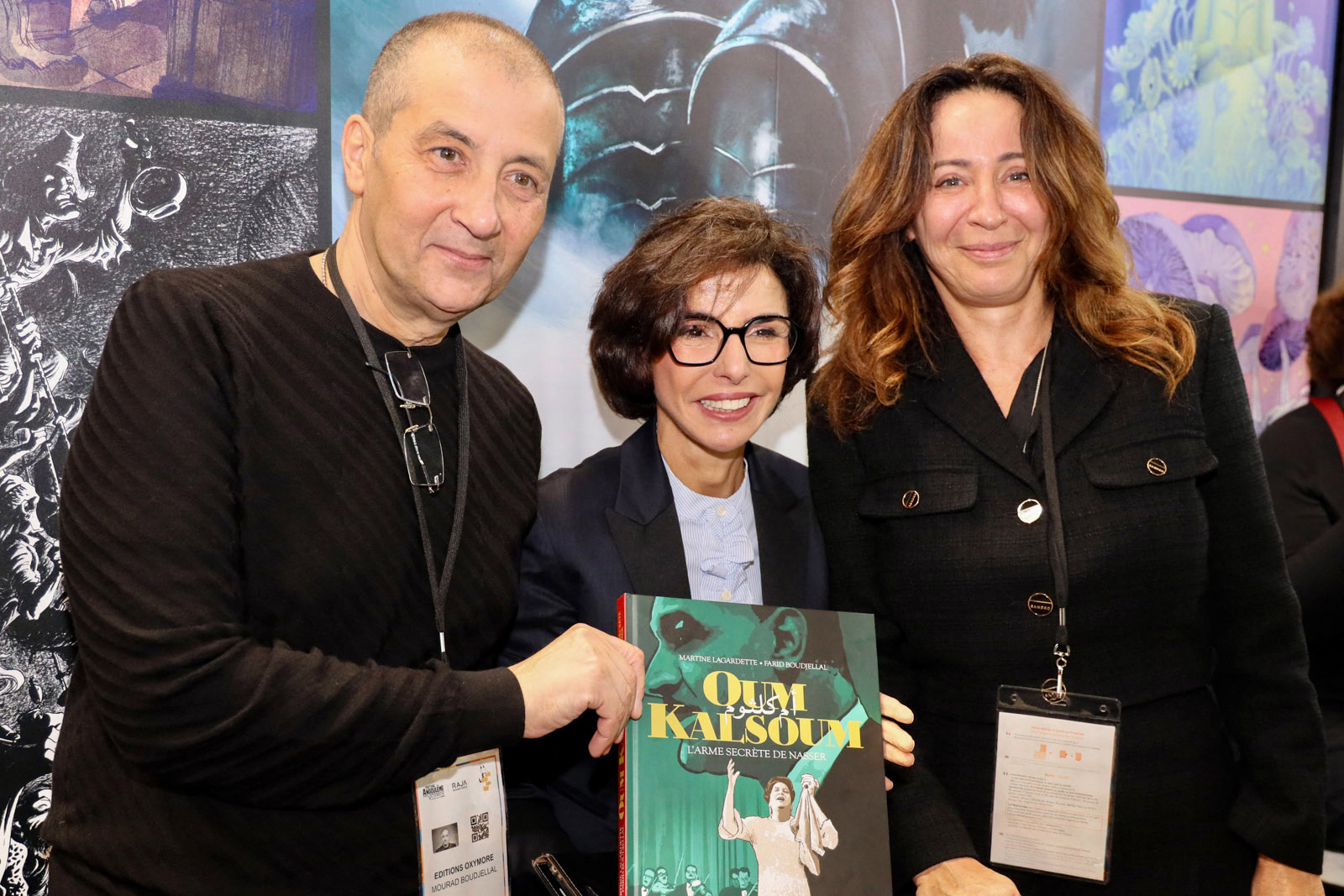
Holding court to journalists at the Angoulême comics festival in January — a vast jamboree in the western French city devoted to bandes dessinées (BD, literally “drawn strips”) — Rachida Dati, the French minister of culture, was impeccably on-message. “In recent years, comic books have been the sector of the publishing industry that have evolved the fastest. Not only in terms of content, but also the form,” she said, and she wasn’t wrong.
After an explosion in sales during the pandemic, almost one in four books sold in France is now in graphic form. The irony for France’s new cultural steward — a Muslim, with a Moroccan father and Algerian mother — is that those who share her origins are very rarely in the limelight in the country’s otherwise hyper-fertile comics industry.
The major Franco-Belgian publishers handle plenty of authors from the wider Arab world — Zeina Abirached, Zineb Benjelloun, Salim Zerrouki — many of whom are resident in France. These writers often find success with stories that dwell on the relationship between the Middle East and Europe, such as Abirached’s hits Take Shelter and Le Piano Oriental. But comic-book stories about the lives of Muslims, or, more broadly, Arabs, in France itself by authors of that background barely exist, which is remarkable given that as much as 10% of the French population is Muslim (the highest in Europe).
There are few Muslim voices even in the comic equivalent of the banlieues films that French cinema has churned out since La Haine in 1995. Most BD stories of that nature are by white French authors, such as Baru’s stories of working-class life on housing estates, or Jérôme Ruillier’s immigrant mémoire Les Mohamed. It’s possible this is the result of France’s secular culture, which discourages citizens from displaying their ethnicity or religion, or the social and economic prejudices faced by minorities in republican France.
“It’s very delicate politically,” said Simona Gabrieli, editorial director of the Marseille-based publisher Alifbata, which specialises in translating Arabic-language BD. “I don’t know if it’s the publishers who aren’t interested, or if the authors themselves aren’t interested in those kinds of stories and so don’t propose them to publishers.” Certainly, Gabrieli finds that even among foreign authors there is a reluctance to publicly identify their work as Arab.
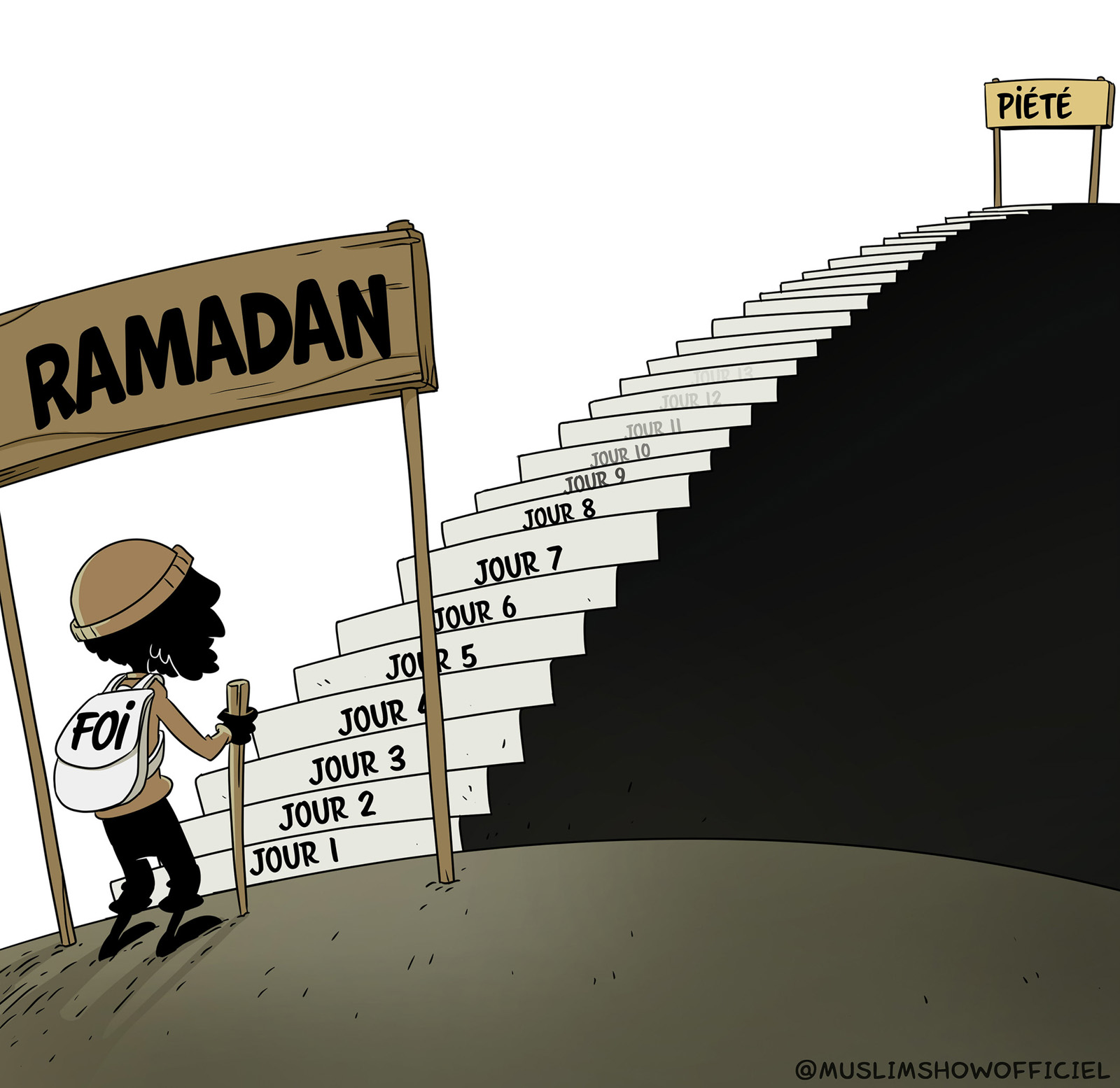
Veteran comics journalist Didier Pasamonik, editorial director of website ActuaBD, points out that this is not the first time in comic book history that writers have responded to an implied imperative to comply with a cultural norm. “In the 1940s, 80% of American comic-book creators were Jewish or Italian immigrants. But you don’t see anything Jewish or Italian in their output. Superman’s name, Clark Kent, is interesting symbolically: a very WASP name. Or Jack Kirby, the co-creator of many Marvel characters — his real name was Jacob Kurtzberg. Even the creators had double identities, like their characters.”
One man who might have wished for a different moniker is perhaps the most famous cartoonist currently working in France, Riad Sattouf (phonetically pronounced in French, it means “laugh at his pussy”). The brilliantly perceptive French-Syrian writer and illustrator’s The Arab of the Future series chronicles his upbringing in Brittany, Libyan capital Tripoli and just outside Homs in Syria. These books question integration and cultural disparities, but in his early career, Sattouf was reluctant to touch on his roots. “For a simple reason – I didn’t immediately want to be the Arab of comic books,” he told a masterclass at Angoulême. “I just wanted to be a BD author, but not necessarily linked to my origins.”
Sattouf has sold three million copies of the six-volume series, and his stupendous success is the exception that appears to prove the rule of French BD’s largely Arab-free zone. Exploring Arabness abroad — and occasionally Islam — through eagle-eyed accounts of his childhood stints in Libya and Syria makes him more palatable to French mainstream audiences than if he were probing the country’s tense immigrant situation at home. His self-declared neutrality has also put the French marketplace at ease: “At one point, I decided I wouldn’t be Syrian, or Muslim, or Christian, or French. I would be an author.”
There are, however, some in French BD who have risked placing their cultural and religious identity on the table. BDouin is the country’s only Muslim-orientated comics publisher. Established by artist and former Astérix colourist Norédine Allam in 2009, it was launched as a vehicle for his Muslim Show output — wry, parable-style vignettes about Islamic life in the west — but has since expanded to a second, more children-focused series, The Foulane Family. Dargaud, the Franco-Belgian publishing giant that first produced Astérix, supported Muslim Show at first but later pulled out because, it claimed, low sales led to doubts that there was a readership. “I’ve gone from being a recognised author to the BD-writing Muslim,” Allam said. “At no point has the industry admitted that there exists a Muslim public who are comic-book fans wanting content that reflects them.”
The Foulane Family has sold 100,000 copies without distribution from mainstream bookshops. However, Allam says his comic-book peers have largely ignored him since he launched BDouin; he received little publicity, after the initial flurry of interest in Muslim Show, and is no longer invited to the likes of Angoulême. “There’s no prejudice against Muslim content in the French BD market, because for them there’s no such thing as Muslim content. Simple as that.”
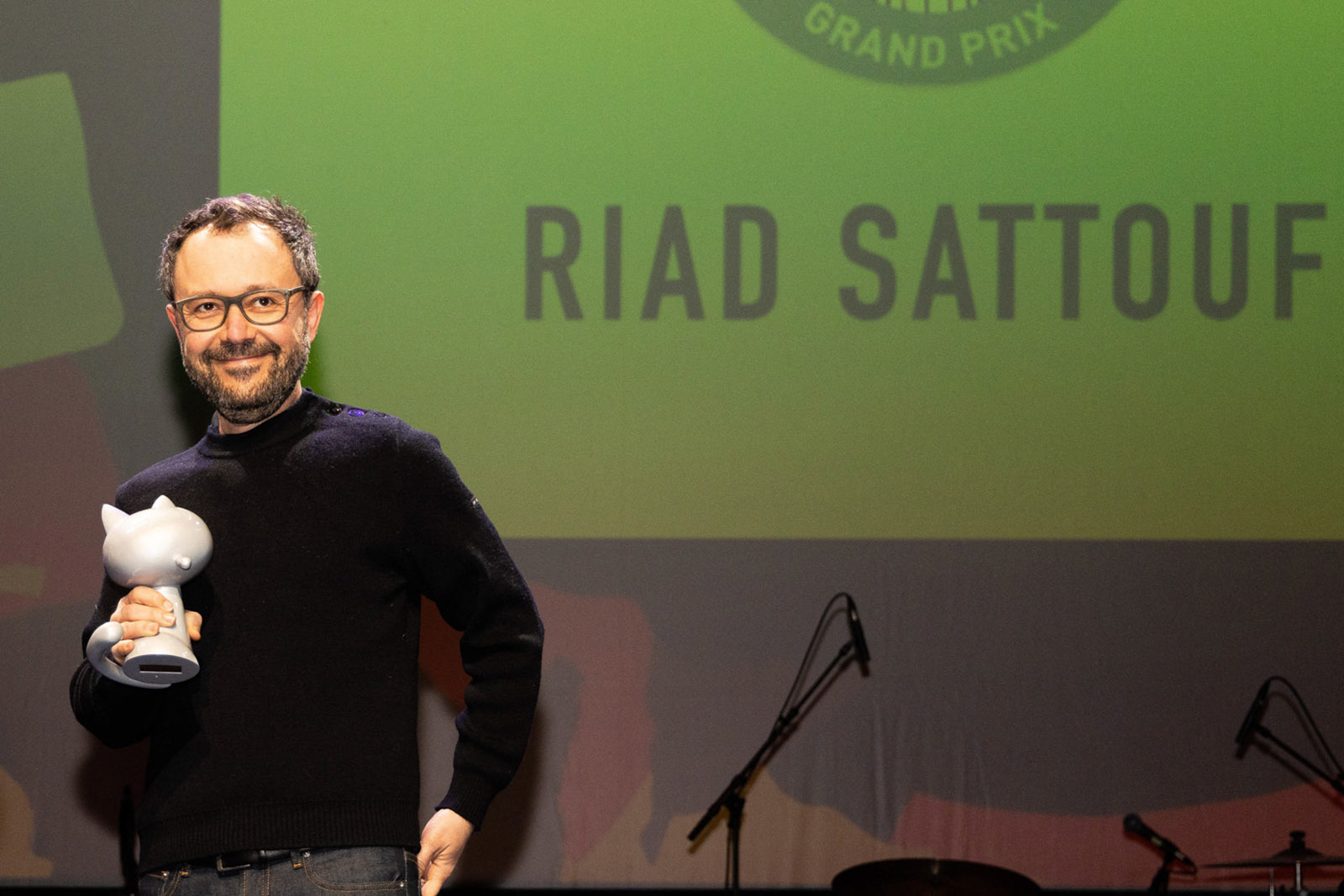
Allam estimates the overall Francophone Muslim market to be a potential 500,000 readers, but suggests French Muslim authors often believe religion could or should intervene in their creative process. He, for example, has moved to fully incorporate his faith in his work, changing his depiction of human beings and other living creatures to black silhouettes in 2016 so as to align with Sunni strictures on visual representation. In order to find artists sympathetic to their aesthetics, BDouin has moved its production studios to Indonesia, whose immense Muslim population means there is no shortage of Muslim talent.
Kelian Nguyen, secretary-general of ActuaBD, however, sees renewed hope for Muslim BD talent in France with a new hybridisation of styles he has observed among young BD creators, “[emerging] not from the immigrant generation but from second and third generations. They’re not necessarily producing banlieue stories but they’re taking banlieue language and forms and speaking to that audience.”
Yacine Kahlerras, a 28-year-old Franco-Arab BD author working exclusively in the Japanese manga style that is hugely popular among French youth, is one of them. After writing and illustrating a debut work that took place in Kyoto, he applied this eastern filter to his home town Beaucaire, an overlooked and economically run-down southern city, in his self-published adventure Madness Oni. “I recently did an autograph signing, and there were people of all backgrounds there: Maghrebin, Latin, everything,” Kahlerras said. “I’m the first person in Beaucaire to do this, and it shows the younger generation that you can talk about your everyday life.” For now, however, the BD industry is nowhere near keeping pace, with the quickly evolving French Arab and Muslim identity.
When he lived in Syria, Riad Sattouf remembers hiding his copy of Herge’s Tintin book Land of Black Gold from a devout cousin, afraid of enraging him with a scene in which one of the Thomson twins kicks a praying bedouin up the backside. “One day when I wasn’t paying attention, he found it and was exploding with laughter at that bit. It was the gag that made him laugh the most in all of Tintin. And he gave it to his mother and everyone else, and they were all exploding with laughter.” What the French comics industry can learn from Sattouf is that if there is a large French Arab and Muslim BD readership waiting to be tapped, it cannot afford to make easy assumptions about it.
 Newsletter
Newsletter


